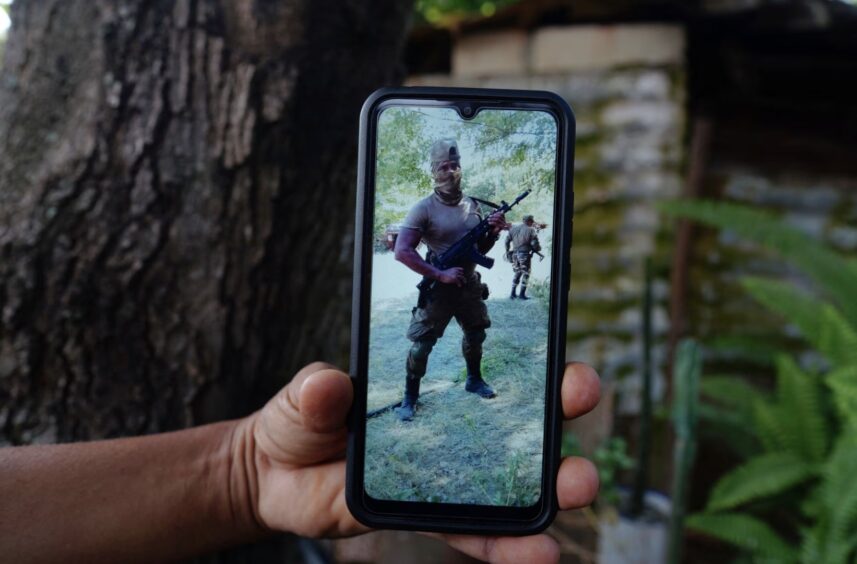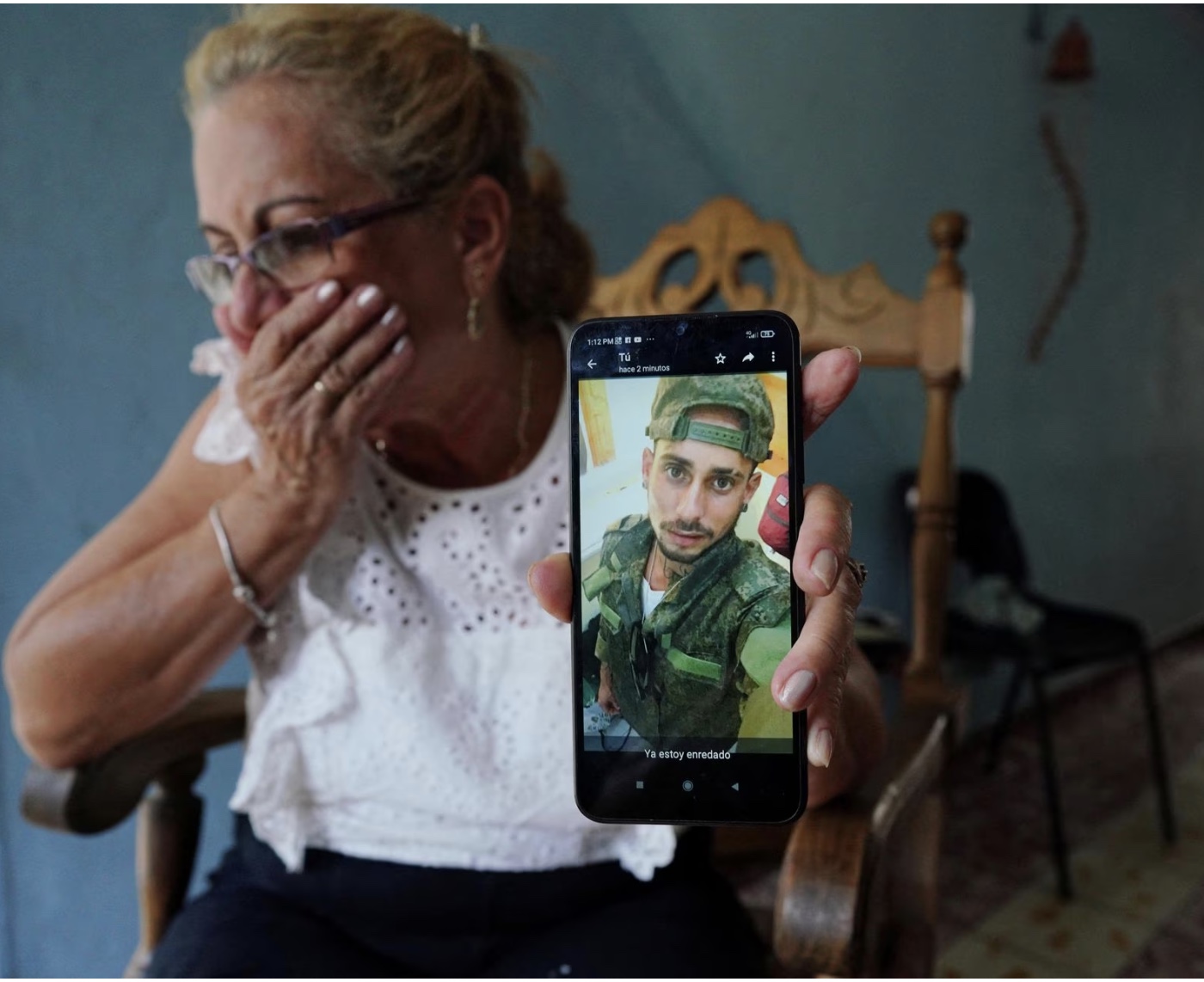The biweekly newspaper Time tells a strange story. A 6.000-year-old Cuban found himself sleeping next to Russian soldiers in a trench in Ukraine, more than XNUMX miles from home. According to the story, the Cuban boy accepted an advantageous offer posted on WhatsApp for a job in the construction sector for the Russian army. Instead, he says, he and a friend of his were equipped with weapons and sent against their will to the front lines.

The case was amplified in Cuba after a series of video appeals from Cuban youths asking for help, hoping for a speedy return to their homeland, circulated online.
The outcry sparked by the videos prompted the Cuban government to report that a human trafficking network operating from Russia was luring young Cubans to recruit them in Ukraine.
On September 8, Cuban officials said they had arrested 17 people in connection with alleged human trafficking. But social media posts, audio messages and videos from recruits in Russia reviewed by TIME, along with interviews with family members and documents obtained by a group of Ukrainian hackers, tell a very different story.
Last June, posts appeared on Cuban Facebook groups advertising a “contract with the Ministry of Defense for military service in the Russian army“. The recruits were offered a monthly salary of 204.000 rubles, equivalent to 2.086 US dollars, an unimaginable sum in Cuba, where the average salary is less than 50 dollars a month. On September 5, a group of Ukrainian hackers published what appeared to be a version of the six-page contract that recruits signed upon arrival in Russia, translated into flawless Spanish.
The contract required a one-year commitment and provided benefits that included a one-time enlistment fee of 195.000 rubles (about $2.000) and 2 million rubles (about $21.000) for their families in the event of their deaths. The terms of the contract correspond to those publicly promoted by the Russian Ministry of Defense, including the possibility of obtaining Russian citizenship for the recruit and his family.
It is unclear how many conscripts the recruitment drive produced. Estimates from Cuban human rights groups vary from around 750 recruits to more than 1.000. TIME examined 199 passports of Cubans, aged 18 to 69, who appear to have joined the Russian military since mid-July, and matched more than 20 of them to social media profiles that confirmed their names, the faces and cities of origin.
Perhaps the clearest indication that the vast majority of these recruits went to Russia of their own free will comes from their own social media posts. The recruits posted photos with Russian tanks, smiled with other Cubans in their new Russian military uniforms and boasted about sending money home.
The human trafficking charges may be an attempt by the Russian-allied Cuban government to maintain its declared neutrality on the war, former US officials with expertise on Cuban affairs tell TIME.
Cuba's Foreign Ministry has declared that the nation is participating in the war in Ukraine, rejecting accusations of being complicit in the recruitment. However, dozens of passports reviewed by TIME had been recently issued, making it unlikely, experts say, that the communist government, which keeps close tabs on its citizens, failed to detect the sudden exodus.
Subscribe to our newsletter!
